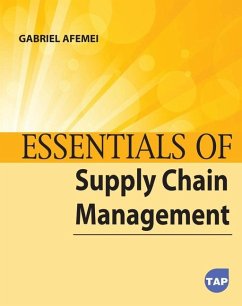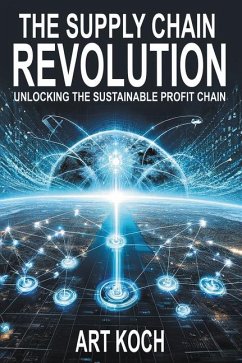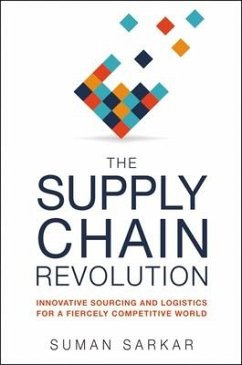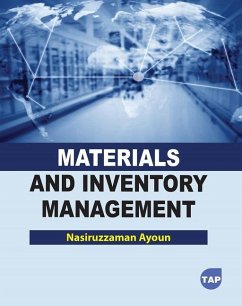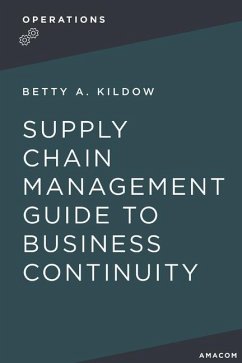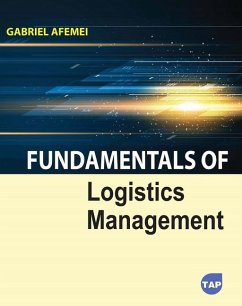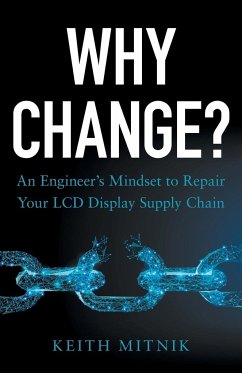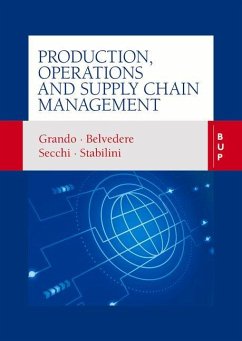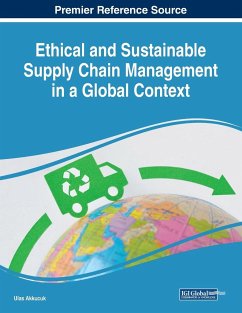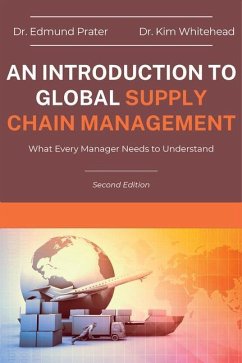
An Introduction to Global Supply Chain Management
What Every Manager Needs to Understand

PAYBACK Punkte
13 °P sammeln!
The problems during COVID made everyone aware that today's global business environment relies on supply chains 24/7. Although most managers and executives are not chain experts, they must know and understand the key aspects of supply chain management to make the best daily decisions for their business. Many textbooks cover numerous details and theories about supply chains. However, it has been said that everything that is taught in business school is theory...until you must make payroll. Both authors have made payroll in various businesses. Thus, this text removes the details and is focused on...
The problems during COVID made everyone aware that today's global business environment relies on supply chains 24/7. Although most managers and executives are not chain experts, they must know and understand the key aspects of supply chain management to make the best daily decisions for their business. Many textbooks cover numerous details and theories about supply chains. However, it has been said that everything that is taught in business school is theory...until you must make payroll. Both authors have made payroll in various businesses. Thus, this text removes the details and is focused on an executive overview of the key aspects of Global Supply Chains that every businessperson needs to know to continually succeed in their business and make payroll.





